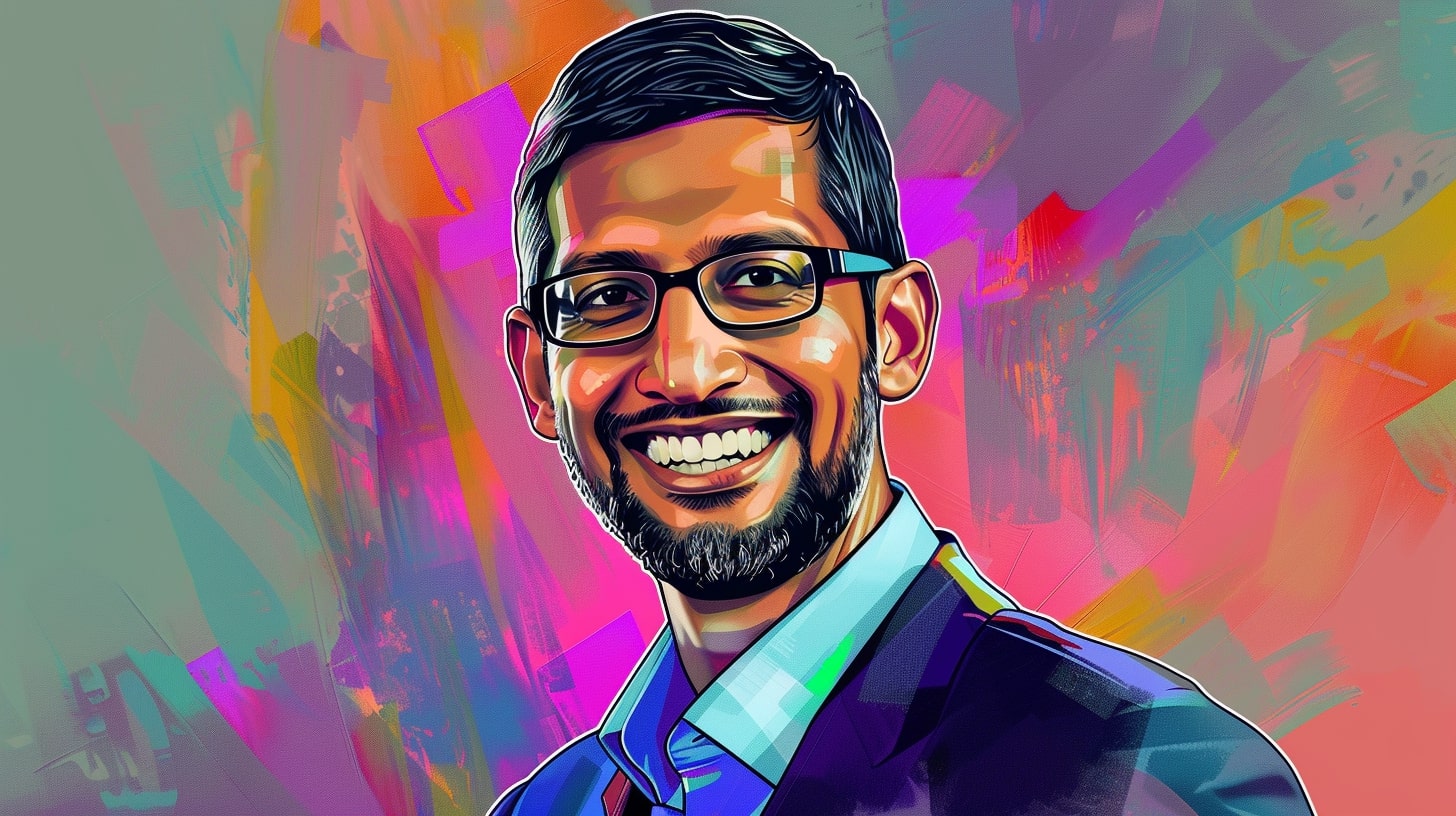Sundar Pichai, CEO of Google, has highlighted the pivotal role that artificial intelligence (AI) will play in helping Google comply with global tech regulations. By integrating AI into its operations, Google aims to navigate the increasingly complex regulatory landscape, ensuring compliance while fostering innovation.
The Regulatory Challenge
Increasing Global Regulations
As technology advances, governments worldwide are implementing stringent regulations to protect user privacy, ensure data security, and promote fair competition. For a global tech giant like Google, staying compliant with these diverse and evolving regulations is a formidable challenge.
The Role of AI in Compliance
Pichai envisions AI as a crucial tool in managing these regulatory requirements. AI can automate compliance processes, identify potential regulatory risks, and ensure that Google’s operations align with local and international laws. This proactive approach can help Google maintain its leadership in the tech industry while adhering to regulatory standards.
AI-Powered Compliance Strategies
Automating Compliance Processes
AI can streamline compliance by automating routine tasks such as monitoring data usage, reporting compliance status, and updating policies. This reduces the burden on human resources and increases the accuracy and efficiency of compliance efforts.
Identifying Regulatory Risks
AI systems can analyze vast amounts of data to detect potential compliance issues before they become significant problems. By identifying risks early, Google can take corrective actions promptly, minimizing the likelihood of regulatory violations and associated penalties.
Enhancing Transparency
AI can also improve transparency by providing detailed insights into how data is used and protected. This can help Google demonstrate its commitment to regulatory compliance to regulators, stakeholders, and the public.
Google’s Commitment to Responsible AI
Ethical AI Development
Pichai emphasizes that AI should be developed and deployed responsibly. Google is committed to ensuring that its AI technologies are designed and used in ways that respect user privacy, promote fairness, and avoid bias.
Collaboration with Regulators
Google is actively engaging with regulators to shape AI policies and standards. By working collaboratively, Google aims to ensure that AI regulations are balanced, promoting innovation while protecting user rights.
Future Prospects
Evolving AI Capabilities
As AI technology continues to evolve, its capabilities in regulatory compliance will expand. Advanced AI systems can provide even more sophisticated tools for managing compliance, predicting regulatory changes, and adapting to new requirements.
Global Impact
Google’s use of AI for regulatory compliance sets a precedent for the tech industry. Other companies may follow suit, leveraging AI to navigate regulatory landscapes, ensuring that technological advancement aligns with legal and ethical standards globally.
Conclusion
Sundar Pichai’s vision for using AI to help Google comply with global tech regulations underscores the transformative potential of AI. By automating compliance processes, identifying risks, and enhancing transparency, AI can help Google navigate the complex regulatory environment effectively. This strategy not only ensures compliance but also supports Google’s broader commitment to responsible innovation.








